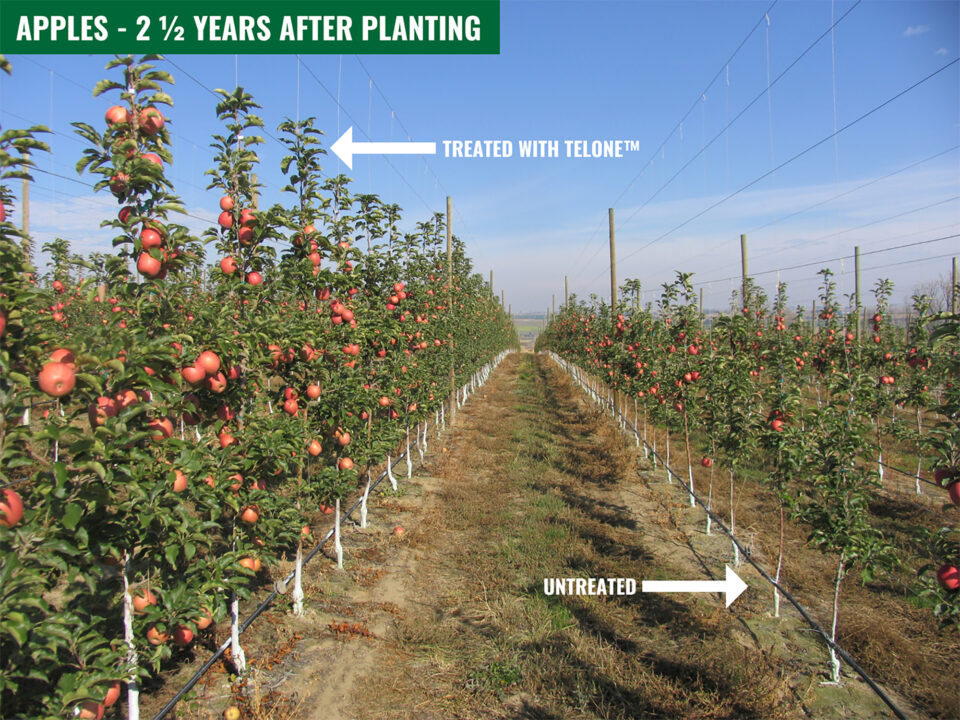APHIS Proposal To Allow Apples From China Becomes Rule
Last July, USDA Animal and Plant Health Inspection Service (APHIS) proposed to amend the fruit and vegetable regulations to allow the importation of fresh apples from China into the continental U.S.
This proposed amendment became a final rule today. Apples from areas in China which the Oriental fruit fly is not known to exist will need to register production and packinghouses, and will be subject to inspections. Growers will also need to also follow bagging protocols. Apples from areas in China with the Oriental fruit fly will need to be treated with fumigation and refrigeration. Those apples will also need a phytosanitary certificate. All apples will need to be washed and waxed before being imported.
This move to allow imports of apples from China is seen as a reciprocal move. China opened its borders to fresh apples from the U.S. earlier this year. With U.S. apple consumption remaining largely flat over the past few decades, by opening U.S. borders to Chinese apples, American growers should, in turn, be able to gain access to the biggest market in the world. It’s also a market that is growing much, much faster than that of the U.S.
“Based on historic data of China’s apple production, consumption, export volumes, and prices, we expect no more than 10,000 metric tons of fresh apples will be imported from China into the continental United States annually, which represents less than 0.44% of the U.S. domestic fresh apple supply and less than 5 percent of U.S. imports in 2012. Most of China’s fresh apple exports to the United States will likely be shipped to West Coast ports, primarily ones in California, and are expected to be distributed through Asian ethnic supermarkets mainly to Asian communities,” says the rule.
The apple industry estimates exports to China could reach 5 million bushels annually within two years, a value of $100 million a year. Some comments on GrowingProduce.com, however, indicated fears of more invasive pests entering the country thanks to these imports.
In the rule, APHIS indicates there is not expected to be a significant risk of introducing pests into the U.S. from apples from China.
“Growers will still be responsible for maintaining low pest populations of target quarantine pests, with oversight by the national plant protection organization (NPPO) of China and APHIS. These measures and others, including removing fallen fruit, will maintain low pest populations in the production sites. The required culling will also remove pests from the pathway. The biometric sampling rate can be increased, if necessary, in order to look for pests that may be present in smaller numbers in consignments, thus heightening the level of phytosanitary security. In addition, the bags will be removed for two weeks in the fall, when temperatures are rapidly declining leading to winter and insects are prone to reduced activity leading to dormancy,” says the rule.
Source: USDA Animal and Plant Health Inspection Service










